“I can’t dance. I have no talent for it.”
“Sure you can! Talent is overrated!”
I am currently reading a book by Geoff Colvin entitled Talent is Overrated. His premise is that no one is a natural born musician, doctor, businessman… or dancer. He gives some compelling examples of people who look like they have amazing natural talent, but their great ability actually comes from hours and hours of deliberate practice. Colvin says, “Deliberate practice is hard. It hurts. But it works. More of it equals better performance. Tons of it equals great performance.”
Deliberate practice is more than just working hard. It’s asking questions such as, “What exactly needs to be practiced. Precisely how? Which specific skills or assets must be acquired?”
Dr. Suzuki asked these questions of what it took to play violin. He was able to take various songs and break them down into their essential parts and then link the study of these parts sequentially creating a methodical way of learning to play the violin. He coupled the method with the supportive and motivating team of parent and teacher, told students that they only had to practice on days that they ate, and encouraged each student with the statement that “Every Child Can.” (A variation on “talent is overrated.) The result has been that many young children have been able to learn classical pieces that were thought to be impossible for that age level several decades earlier. Our family has had personal experience with the Suzuki Program as both of our daughters have graduated from all 10 books of the Suzuki violin program, and our eldest daughter is now a Suzuki violin teacher who shares the vision that “Every Child Can” with her own students.
In 1992, a group of researchers went looking for musical talent. They couldn’t find it. They looked at 257 young people in England where there is a rigorous and uniform grading system for young musicians that places them in one of nine grades. In comparing the highest level students with some of the lower level students, they found that there was no evidence for early or natural talent.
Colvin said, “The researchers calculated the average hours of practice needed by the most elite group of students to reach each grade level, and they calculated the average hours needed by each of the other groups. There were no statistically significant differences. For students who ended up going to the elite music school as well as for students who just played casually for fun, it took an average of twelve hundred hours of practice to reach grade 5, for example. The music school students reached grade levels at earlier ages that the other students for the simple reason that they practiced more.
By age twelve, the researchers found, the students in the most elite group were practicing an average of two hours a day versus about fifteen minutes a day for the students in the lowest group, an 800 percent difference. So students could put in their hours a little bit each day or a lot each day, but nothing, it turned out, enabled an group to reach any given grade level without putting in those hours. As one of the researchers… put it, ‘There is absolutely no evidence of a ‘fast tract’ for high achievers.’”
But wait! Surely Mozart was naturally talented? Look for Mozart’s – and Tiger Wood’s – stories in next week’s blog.
Until then – we’ll just keep practicing our dancing!
Victorian Era Dance Calling, Music, Living History, Special Events, Education and Life
Up-a-do Unlimited Music Patterns
You can play music by just matching colors and letters! It is easy! Find out how at www.UpadoUnlimited.com
Tutoring Services and More!
In addition to dance, there is English, math, science, history and more. And sometimes, you need a little help. For information, go to Up and Over Educational Services.
Host an Event
Dancing at a HIstory Ball


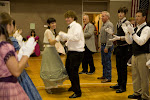

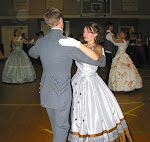
Dancing at a Living History Event



Dancing in Edna Valley

The Newby Family

History Ball
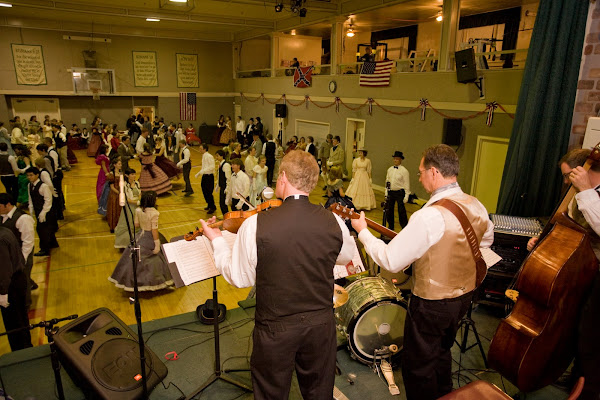
Liberty Hill Players: Kelly Powers, Terry Newby and Kirk MacLane
Dancing The Virginia Reel
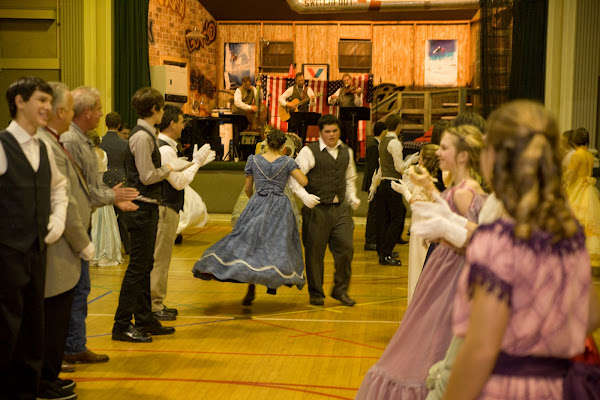
Civil War Ball photos by Dennis Swanson at www.studio101west.com
Fresno Reenactment

Playing period music in camp
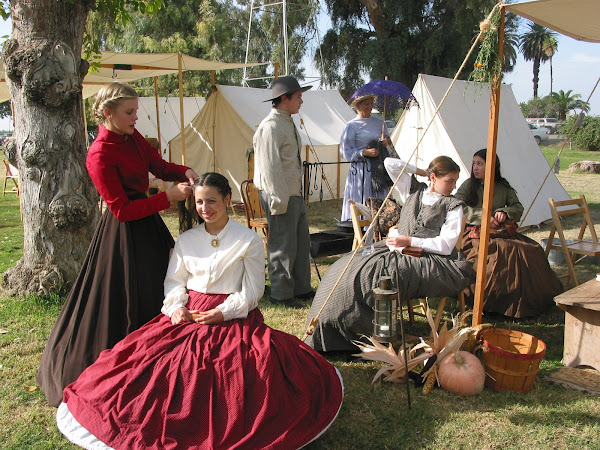
Preparing for the day
Youtube videos of past History Balls
Profile
The first time Debra Newby can remember participating in a group dance was when she learned to square dance during PE in 5th grade… and she was hooked. She continued to dance through Jr. High, college and beyond. During her college years, she worked as a Park and Recreation Leader and taught square dancing to elementary school-aged students. After receiving her degree in zoology and chemistry, she earned her teacher's credential and began teaching science in public high schools. She gave that up to stay home with her three young children and went on to direct choreography and drama for local children’s choirs. She currently enjoys Civil War Reenacting with her family and teaching and calling Victorian Era social group dances for school groups, casual events and Grand Balls.
No comments:
Post a Comment